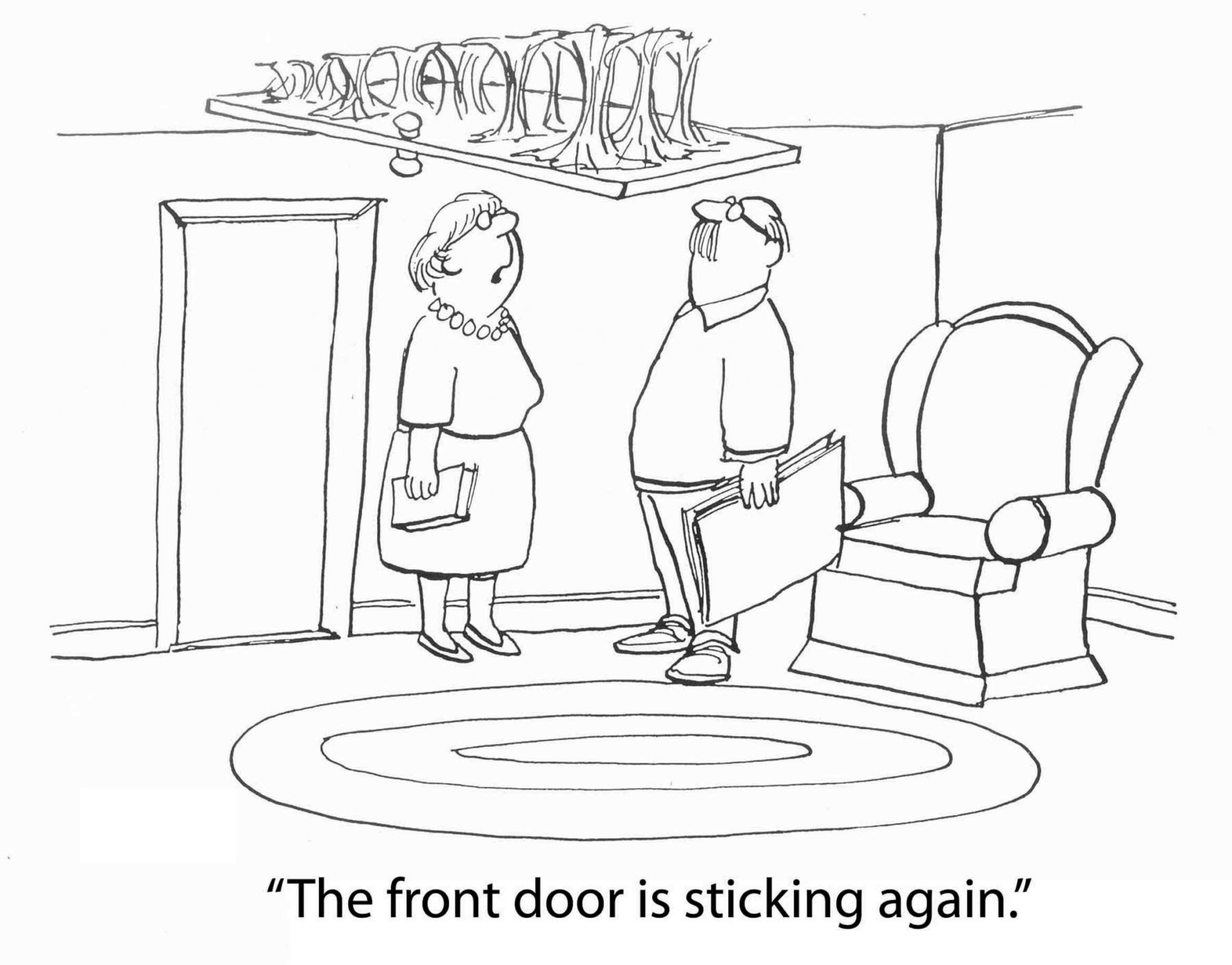Table of Contents Show
The importance of a good relationship with your landlord should not be understated. Having a few spats with your landlord in NYC is almost part of the course. The issues can range from the major to the minor, and if left unresolved, the landlord-tenant relationship can become irreparably damaged. Some bad blood between you and your landlord puts not just your security deposit at risk; but also your reference letter for your next New York City apartment.
Respect is a two-way street. If you want a good business relationship with your landlord, you’ll have to make some effort.
Pay the rent on time.Pay the rent on time.
Best to start with the most obvious one. Your landlord has to make monthly mortgage payments on the property. If they can’t pay in time, they’ll be charged interest, so making your payments on time is essential. When you sign a lease, you enter a trusted lease agreement, just like any contract. Imagine this in perspective, how would you feel if your employer paid your salary late every month? Develop trust with your landlord by ensuring you pay your rent as close to the 1st of the month.
Keep good communication open.Keep good communication open.
Over time, issues will pop up that will need to be addressed. If you want your landlord to respect you, then show them respect by communicating any concerns or requests in a polite and non-demanding way. Don’t scold them aggressively when there’s a problem, as they may be genuinely unaware of the problem until you tell them. Your lease will clearly state what you are and aren’t responsible for. Good communication with your landlord will allow you to iron out any common interest problems for both of you.
Provide access to the apartment when necessaryProvide access to the apartment when necessary
When it comes to rent-stabilized apartments, landlords sometimes have a problem with this. Tenants have good reason to be worried about construction harassment. But if it’s got to be done, it’s got to be done. If the adjoining apartment has a mold problem that can only be dealt with by accessing your apartment, then you should be there to open the door and let the work continue. Make sure you communicate well with your landlord to schedule visits at appropriate times for everyone.
Be reasonable, and don’t pick up petty fights.Be reasonable, and don’t pick up petty fights.
They will lay out the policies and rules of your rental in your lease. Respect these, and if something isn’t covered in the lease, double-check it with your landlord first. It’s OK to make minor alterations, such as painting the walls or setting up shelving units. Just check your policies first before starting any DIY projects. Most landlords are very reasonable about accommodating small tenant changes. The worst that can happen is that your denied permission. Also, be asked to return the apartment to its original condition upon moving out. It’s better not to pick petty fights over small things. Preserving the relationship with your landlord should be the priority.
Keep the apartment in good condition.Keep the apartment in good condition.
On moving in, it’s a good idea to take photos and document the original state of the apartment. It prevents any issues raised if there’s a dispute about whether something was there before or after you moved. When it’s time to move out, patch up any holes left from nails or other minor changes made over your time there, it’s also a good idea to do a walk-through of the apartment with your landlord before departure so you can be sure you’re both on the same page.

